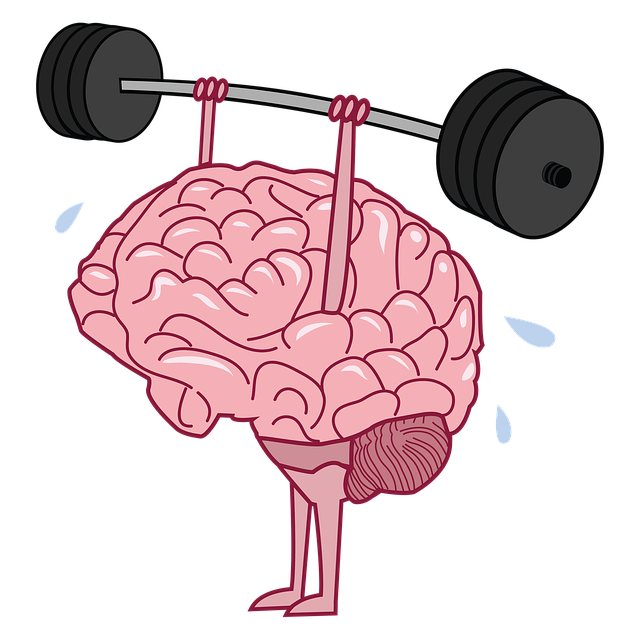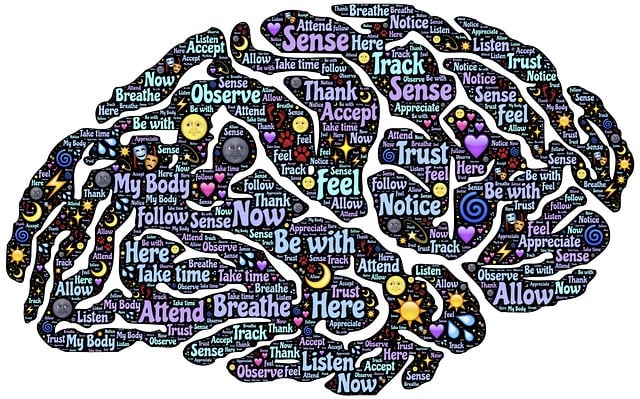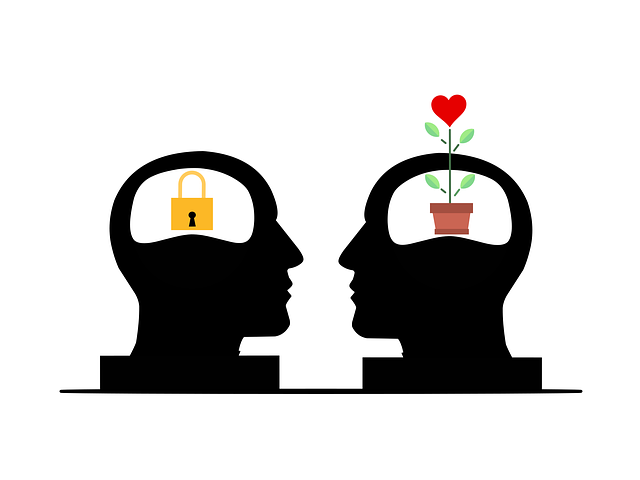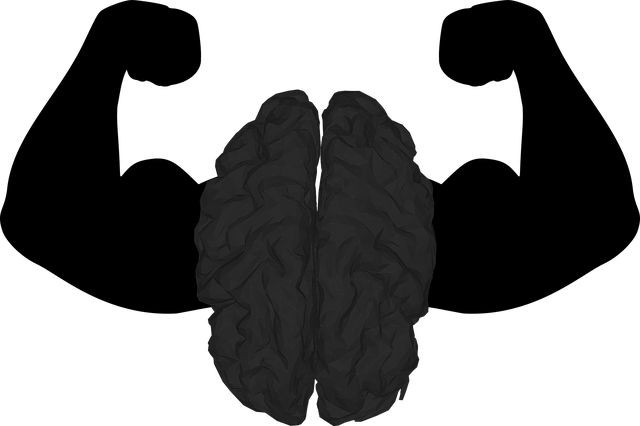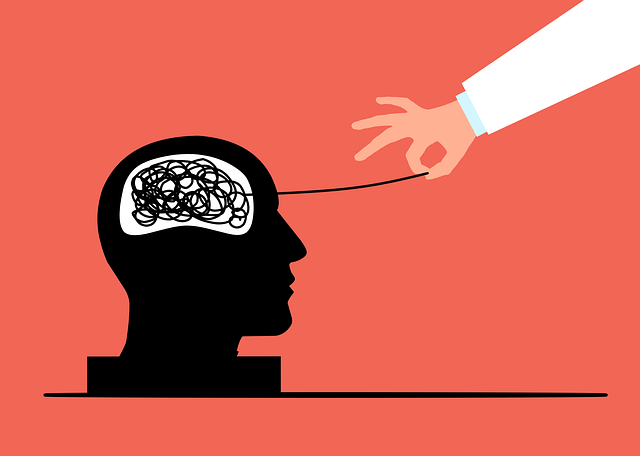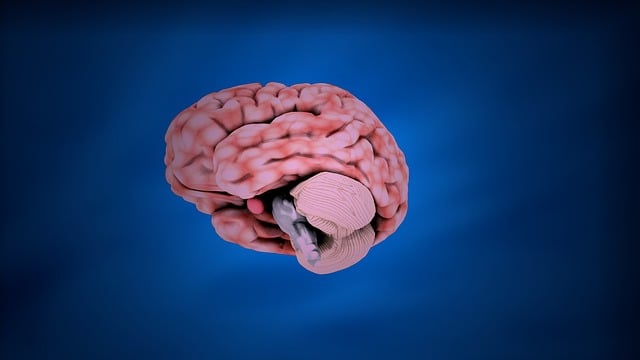Mental illness diagnoses in Northglenn, faced with global challenges like complex symptom presentations and stigma, are improved at Northglenn Neuro Disorders Therapy (NNT) through advanced tools and education. NNT integrates AI algorithms for precise diagnoses, hosts Stress Management Workshops, and promotes mental health awareness via its podcast series. They emphasize compassion cultivation, enhancing diagnostic accuracy and community mental wellness, making them leaders in innovative diagnosis practices.
Mental illness diagnoses, while crucial for effective treatment, have long been a subject of debate due to their complexity. This article delves into the current landscape of diagnosis accuracy, exploring challenges like symptom overlap and cultural biases. We present innovative strategies, highlighting the successful Northglenn Neuro Disorders Therapy model. Additionally, we discuss the future of mental health care, emphasizing continuous improvement through enhanced training as the key to more precise diagnoses and better patient outcomes.
- Understanding Mental Illness Diagnoses: The Current Landscape
- Challenges in Diagnosis: Factors Affecting Accuracy
- Innovative Approaches to Enhance Diagnostic Accuracy
- – Northglenn Neuro Disorders Therapy: A Case Study
Understanding Mental Illness Diagnoses: The Current Landscape

Mental illness diagnoses are a complex and multifaceted process, with various challenges impacting accuracy. In Northglenn, as in many parts of the world, the current landscape is marked by a growing recognition of neurodiversity but also a persistent stigma that often hinders open discussion and proper diagnosis. While progress has been made in recent years, the field still faces significant hurdles, especially when it comes to early detection and accurate differentiation between similar disorders.
The lack of standardized criteria and consistent training among professionals contributes to variations in diagnosis across different regions and practitioners. This is particularly concerning given that mental health issues often manifest differently based on cultural backgrounds and individual experiences. Public Awareness Campaigns Development and Mental Health Awareness initiatives have been instrumental in promoting understanding, but there’s still a long way to go in ensuring Mental Wellness for all, regardless of background or location, such as Northglenn Neuro Disorders Therapy centers.
Challenges in Diagnosis: Factors Affecting Accuracy

Diagnosing mental illness accurately can be a complex task due to various factors that contribute to its complexity. One significant challenge lies in the diverse presentation of symptoms across different individuals, making it hard to pinpoint specific disorders. For instance, Northglenn Neuro Disorders Therapy professionals often encounter cases where clients exhibit signs overlapping with multiple conditions, requiring careful differentiation. This complexity is further exacerbated by the subjective nature of mental health experiences, where individual perceptions can vary widely.
Cultural sensitivity in mental healthcare practice plays a crucial role in addressing these challenges. Self-awareness exercises and understanding cultural nuances enable therapists to interpret symptoms accurately, considering the unique context of each client. Additionally, integrating Mind Over Matter principles can empower individuals to develop coping mechanisms and improve self-reporting, leading to more precise diagnoses. These efforts collectively contribute to enhancing the overall accuracy of mental illness diagnosis and treatment planning.
Innovative Approaches to Enhance Diagnostic Accuracy

In recent years, efforts to improve mental illness diagnosis accuracy have taken on innovative approaches, driven by advancements in research and a deeper understanding of neurodiversity. One notable strategy is the integration of cutting-edge technologies, such as artificial intelligence (AI) algorithms, into diagnostic processes. These AI models are trained on vast datasets, enabling them to recognize complex patterns indicative of various mental health conditions. For instance, Northglenn Neuro Disorders Therapy has embraced these developments, utilizing AI tools that can assist clinicians in making more precise diagnoses, especially in cases where symptoms overlap.
Additionally, Mental Health Education Programs Design have been tailored to empower both healthcare professionals and the general public with comprehensive knowledge about mental health. These programs often include Stress Management Workshops Organization, promoting positive thinking and resilience as proactive measures against mental illness. By combining technological advancements and educational initiatives, communities like Northglenn Neuro Disorders Therapy are fostering a more nuanced understanding of mental health, ultimately leading to better diagnosis and treatment outcomes.
– Northglenn Neuro Disorders Therapy: A Case Study

In the pursuit of enhancing mental illness diagnosis accuracy, Northglenn Neuro Disorders Therapy (NNT) stands out as a pioneering case study. NNT has been at the forefront of integrating Compassion Cultivation Practices into therapeutic sessions, demonstrating significant improvements in diagnostic precision. By fostering an environment that encourages open dialogue and emotional understanding, therapists at NNT not only facilitate healing but also enhance their ability to discern subtle nuances in patient presentations.
Complementing these practices, the Mental Wellness Podcast Series Production initiated by NNT has played a pivotal role in reaching a broader audience. Through engaging content centered around Mind Over Matter Principles, the podcast series has contributed to raising awareness about mental health, offering valuable insights into various neuro disorders. This multi-faceted approach exemplifies NNT’s commitment to not only improving diagnosis accuracy but also promoting holistic mental wellness within their community and beyond.
Mental illness diagnosis accuracy is a multifaceted challenge, with various factors impacting the current landscape. By understanding these complexities and adopting innovative approaches like the successful strategies employed by Northglenn Neuro Disorders Therapy, we can enhance diagnostic accuracy. Continued efforts to address challenges through research, education, and accessible resources are crucial steps towards better mental health care.

